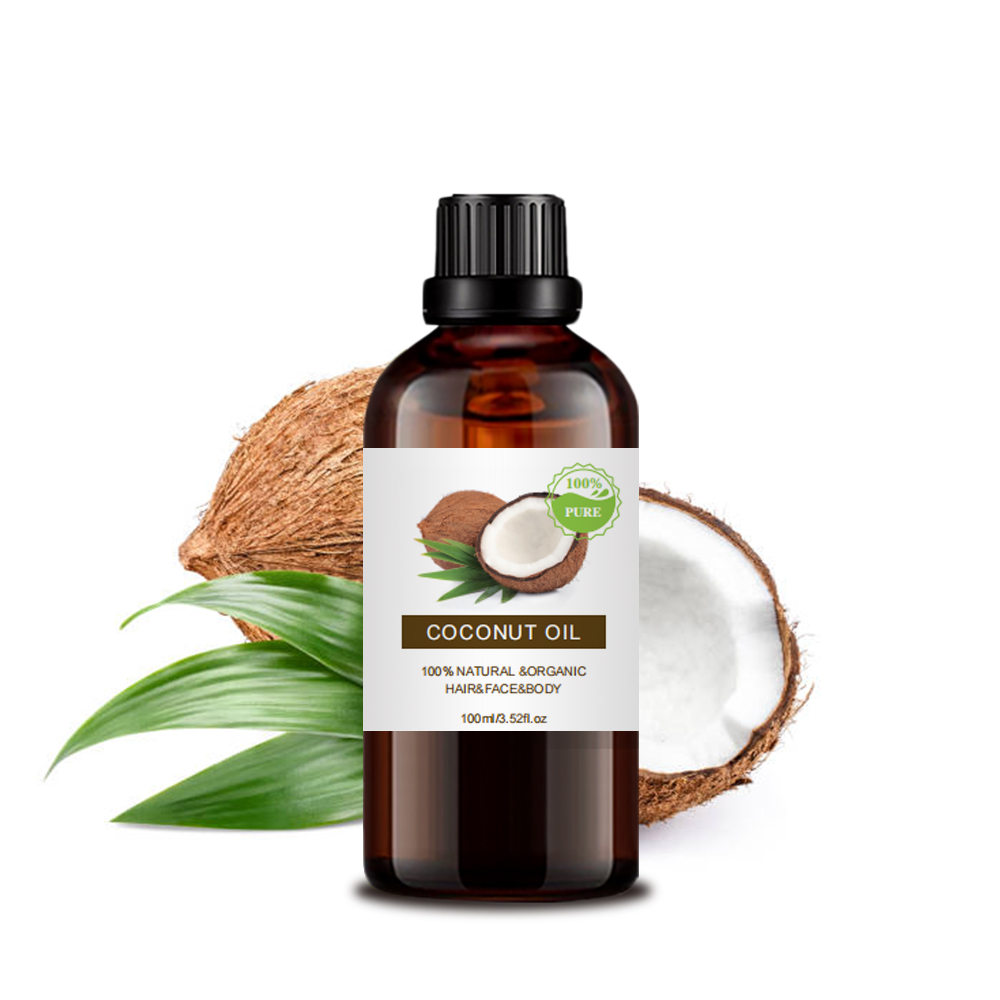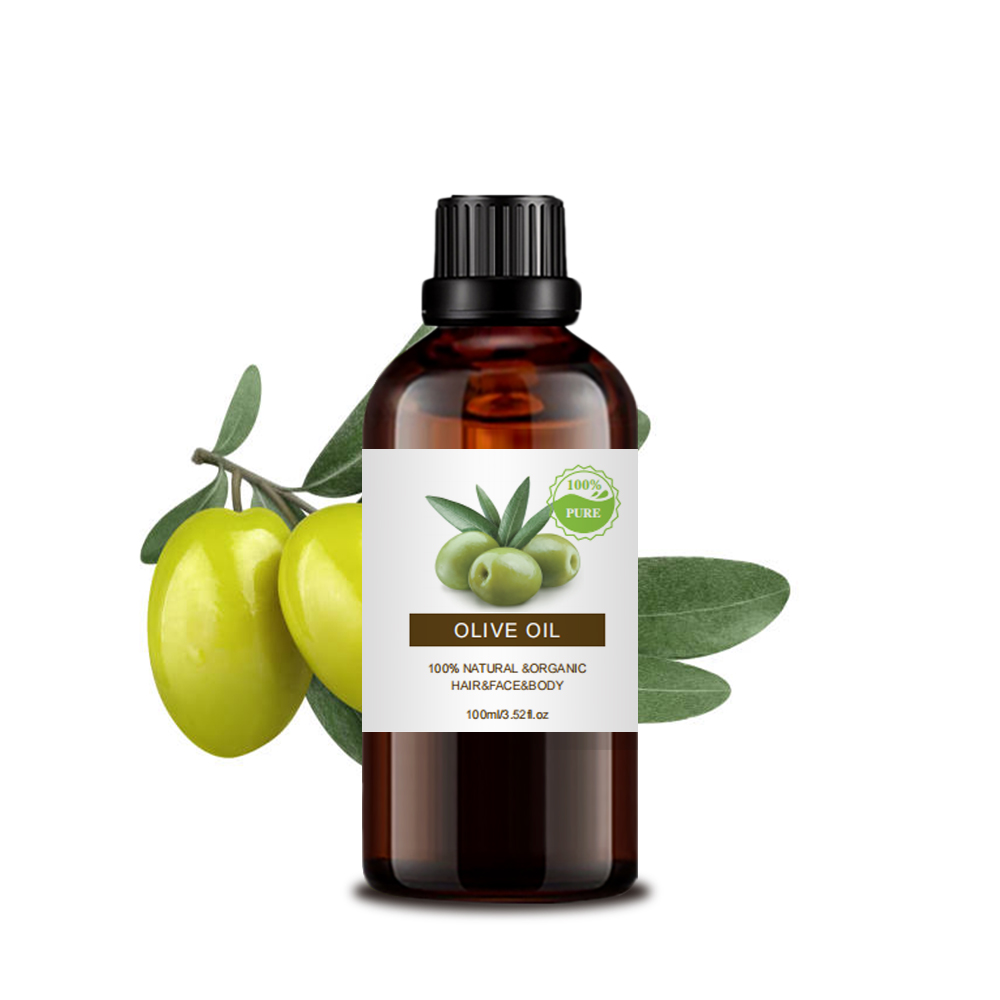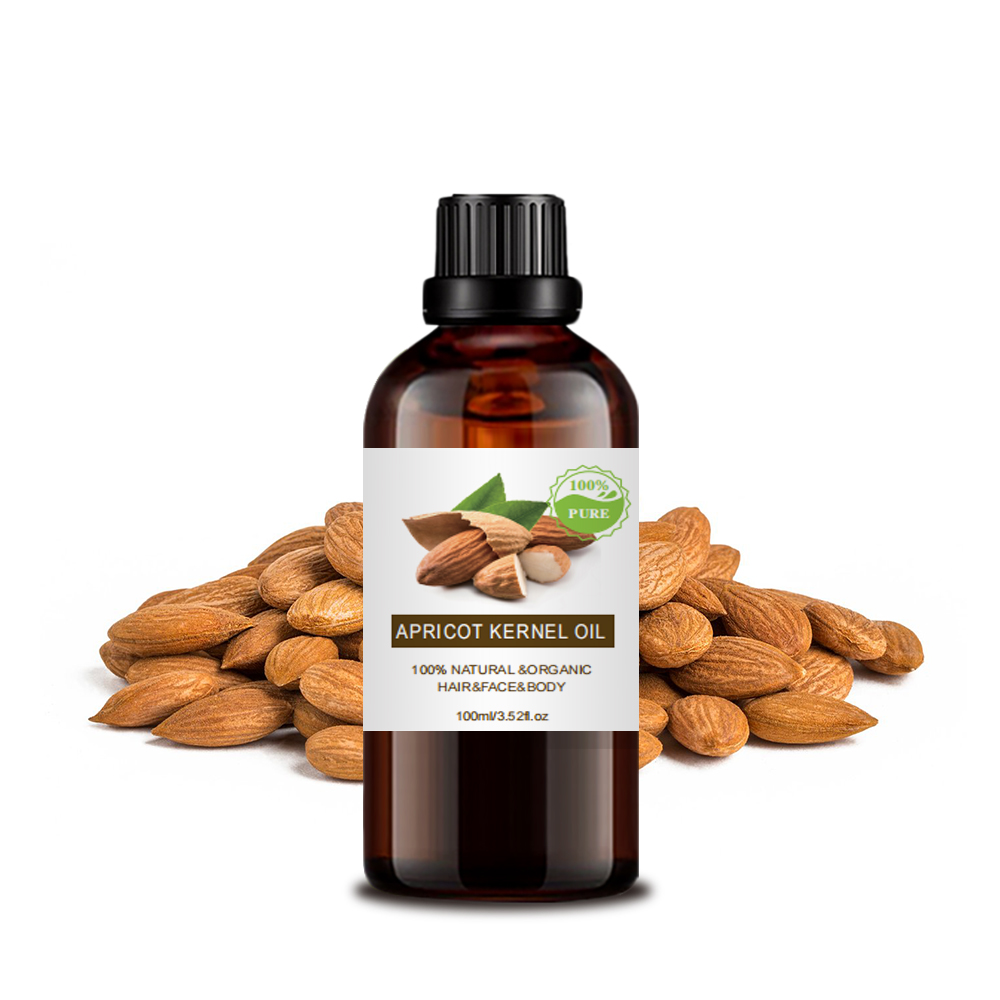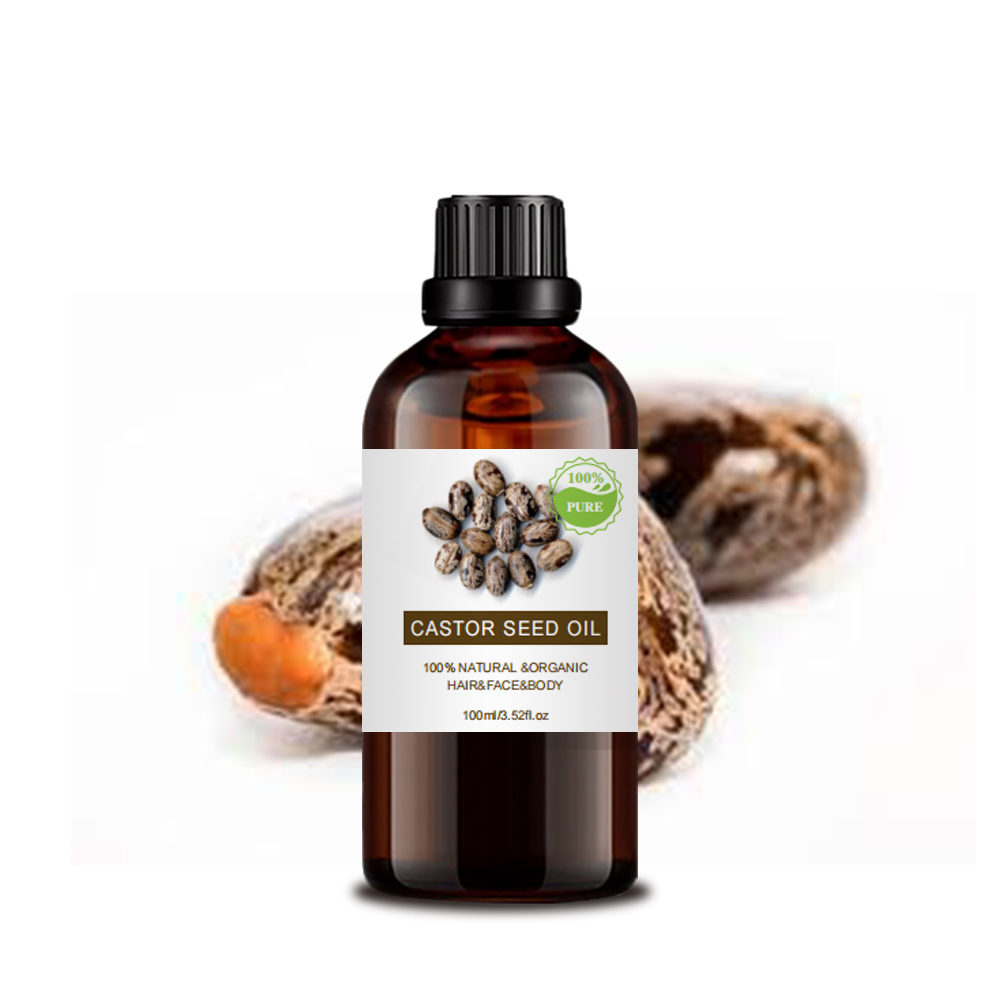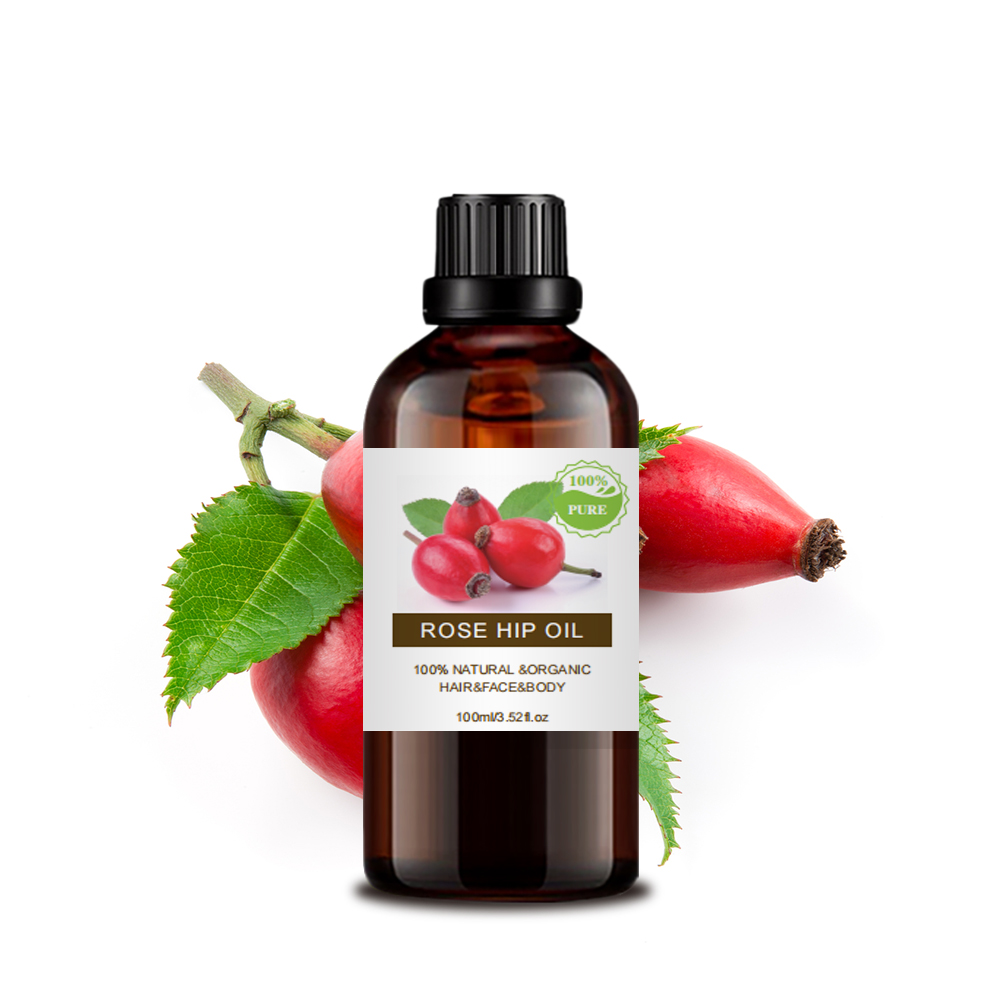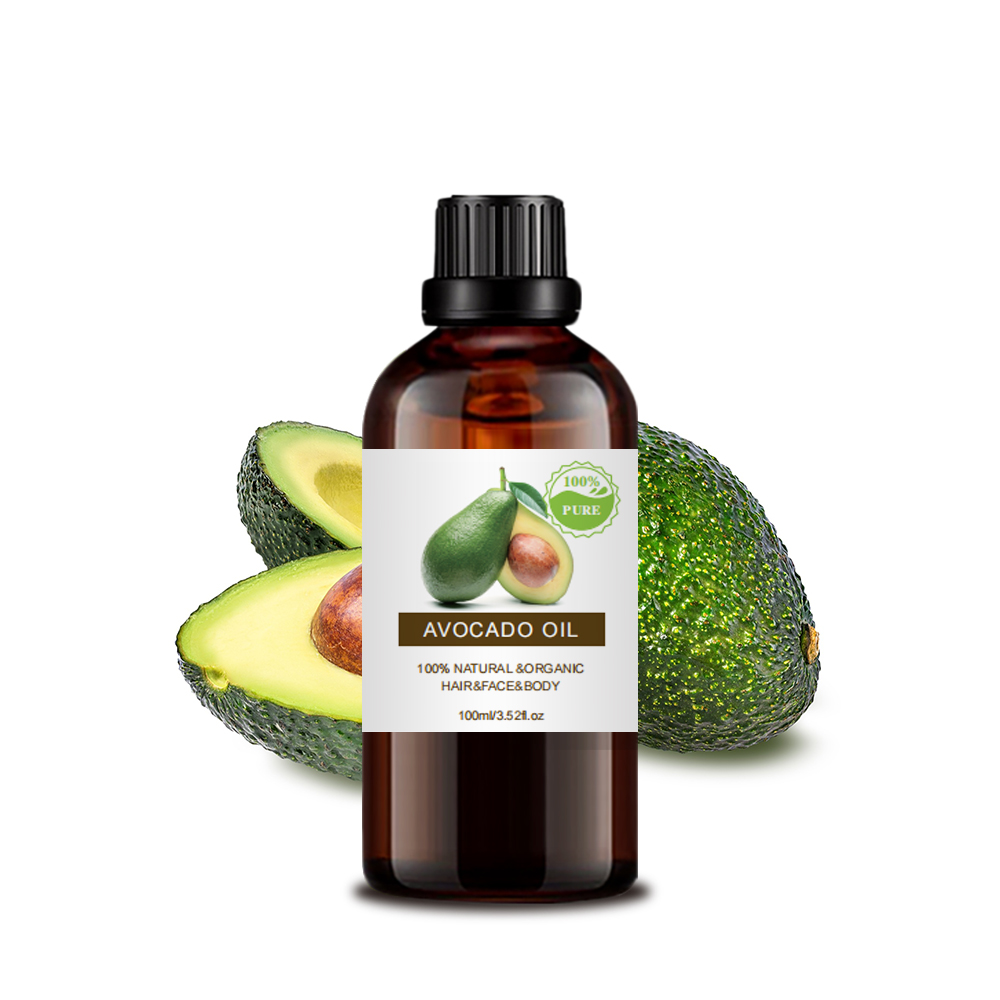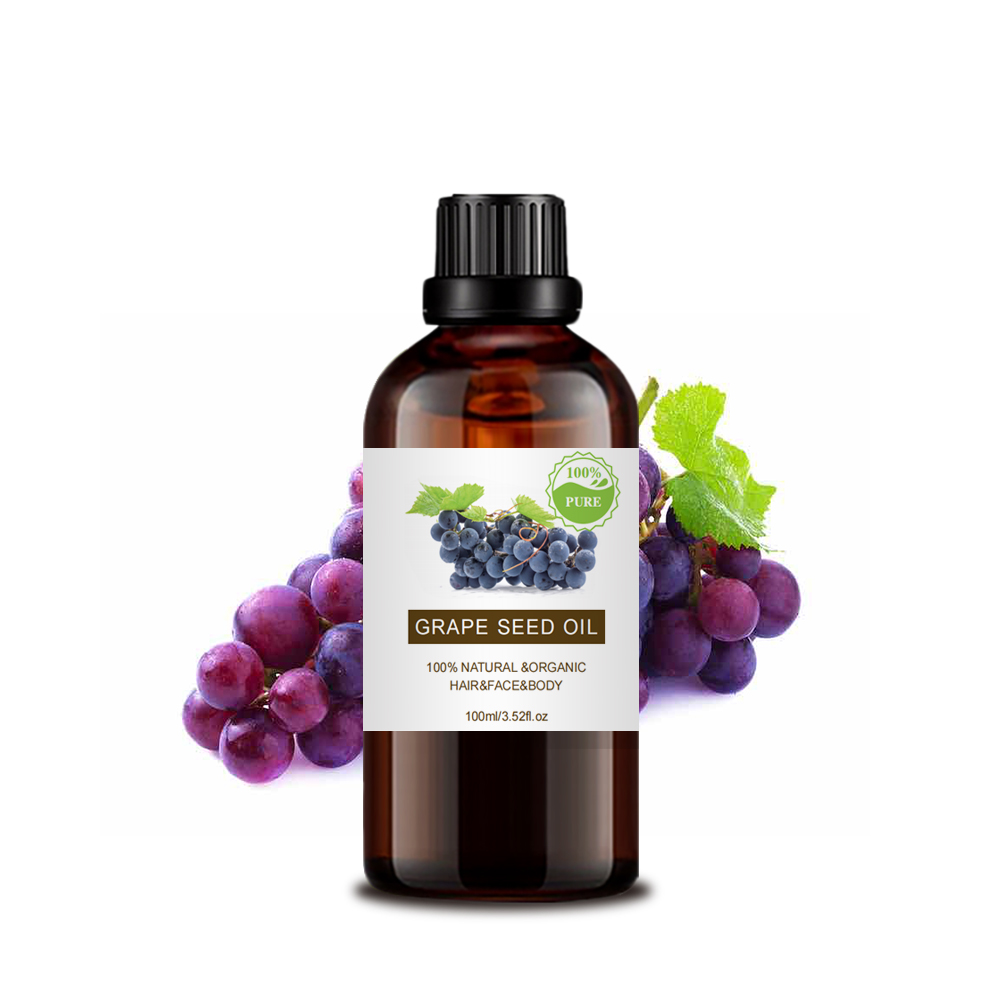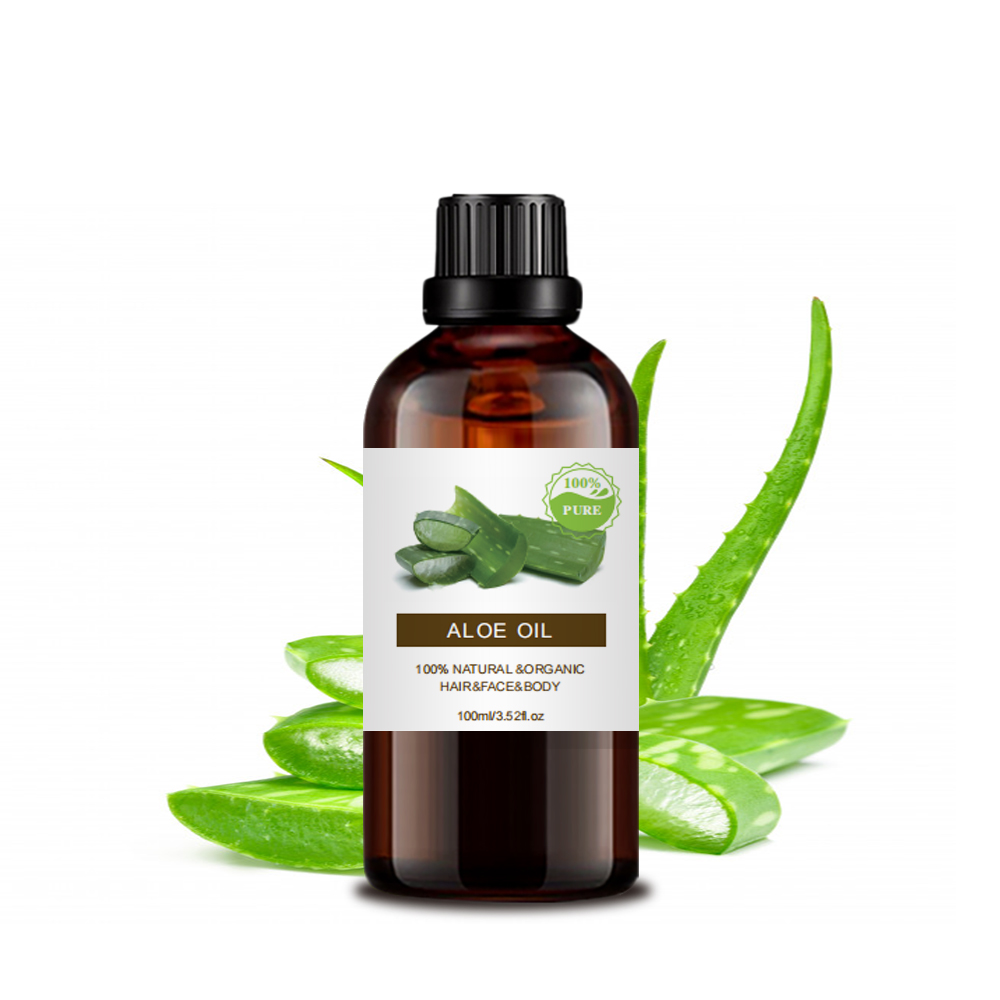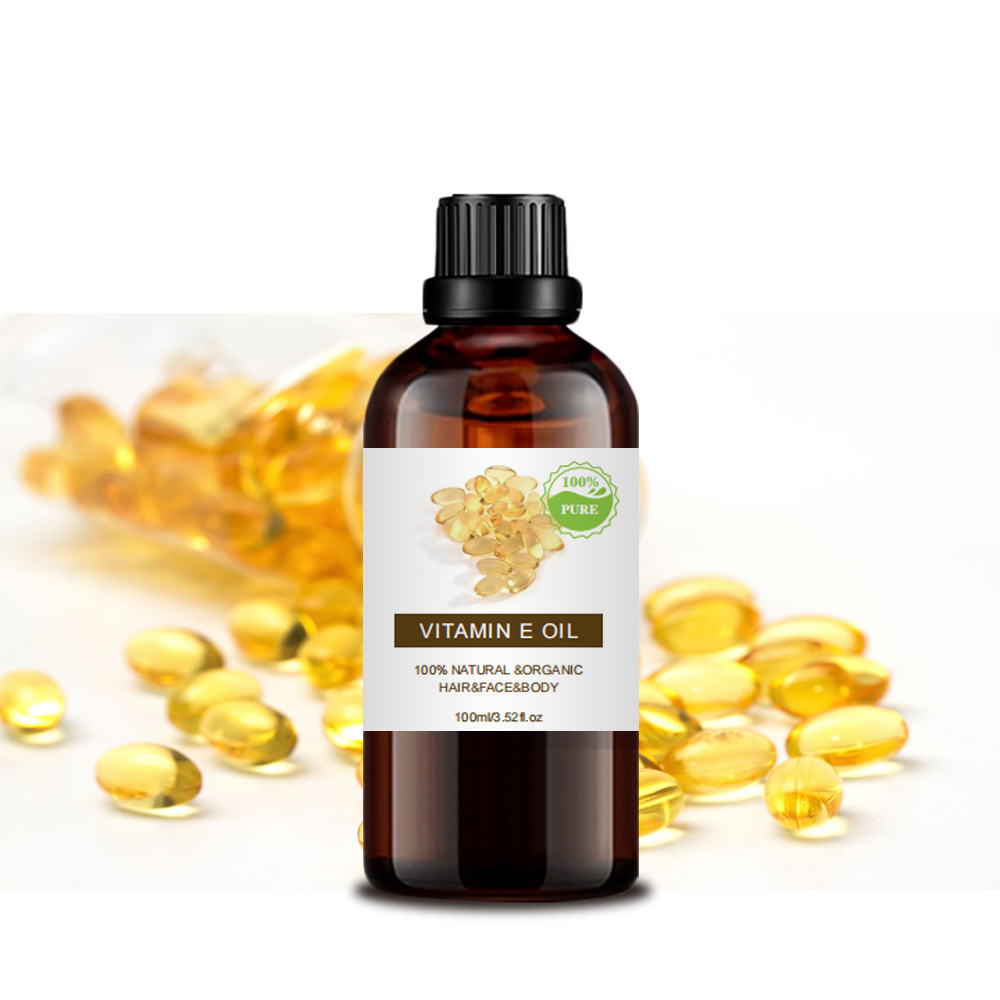The reason carrier oils are important in aromatherapy and when creating skin care is because they provide a buffer between the skin. Many essential oils can cause an unwanted and uncomfortable reaction on the skin, says dermatologist Nava Greenfield ,MD, of Schweiger Dermatology Group in New York City. “A carrier oil can be used to create a physical separation so that the essential oil has less direct contact with the keratinocytes, or skin cells, creating less of an adverse reaction,” she says. But, she adds, if you ever experience any redness, scaliness, discomfort or rashes when using any type of oil, be sure to consult a medical professional before proceeding more use.
“A carrier oil can be used to create a physical separation so that the essential oil has less direct contact with the keratinocytes, or skin cells, creating less of an adverse reaction.” —dermatologist Nava Greenfield, MD
One other word of caution: Galper says a few essential oils should never, ever be applied without a carrier oil chaperone. These include cinnamon leaf or bark, thyme, oregano, lemongrass, thuja, peppermint, bay rum tree, wormwood, pennyroyal, and mugwort.
With that in mind, here are some popular carrier oils that will help you avoid any dermatological mishaps. No matter which carrier you choose, it will be able to blend well your choice of essential oils. “That’s why they are the best way to carry the powerful and potent therapeutic molecules of essential oils into the body,” says Galper.
10 carrier oils to that’ll make topical treatments as smooth (and irritation-free) as possible
1. Coconut oil
Coconut oil has a wellness reputation for being able to do it all, but that’s not to say you can use it for everything (it fails as a personal lubricant, for example). It does, however, make an excellent carrier oil.
2. Olive oil
Hyper-moisturizing olive oil is a skin-care fave for many, but if your skin skews acne-prone, you might want to skip, as it can have pore-clogging tendencies.
3. Almond oil
Almond oil can be effentive for taming unwanter frizz, but the oil’s applications extends beyond hair. It also works as a carrier oil, in case you need another reason to stock up.
4. Castor oil
Castor oil is a thick, odorless oil made from the seeds of the castor plant. Its use dates back to ancient Egypt, where it was first used as lamp fuel and later for medicinal and beauty treatments .
5. Jojoba oil
Jojoba oil tends to be a favorite for sensual massages, which makes it a great companion if you’re kneading a soothing essential oil into someone’s skin.
6. Rosehip Oil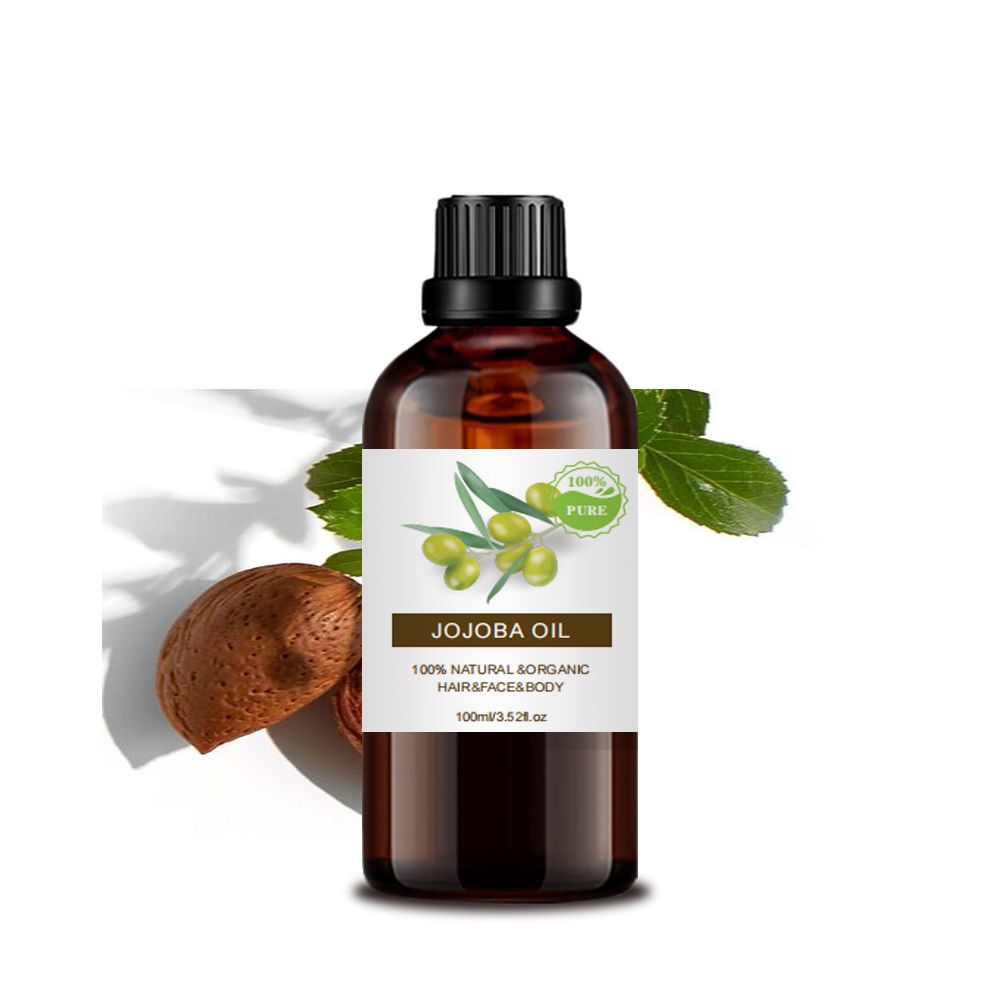
Despite its botanical name, Rosehip oil isn’t made from the bloom itself. Rather, when the petals drop off and the seed of a rose blossom is left, it’s pressed and turned into this vitamin A-rich carrier oil. Give it a gloss over if you’re looking to try something a little different.
7. Avocado oil
If you already love putting avocado on basically everything, why not try it on your skin, too? Mix all those skin-rejuvenating fatty acids with your favorite essential oils, and get ready to see a serious glow.
8. Grapeseed oil
Grapeseed oil is packed with antioxidants, making it a great base for a restorative, essential oil-infused face mask. Give this a pump with lavender, sandalwood, or frankincense the next time you’re looking to feel rejuvenated.
9. Aloe Vera oil
Aloe vera oil is becoming popular for the array of benefits it offers for the skin and hair. It is a fusion that is made with oil and aloe extracts. Aloe vera has been used as an ingredient in In many beauty regimens across cultures.
10. Vitamin E oil
Vitamin E Oil is very sticky and thick (like honey) so you only need to use a tiny drop. It relieves itches and stretch marks during pregnancy. It also act as an antioxidant and proven results to soften skin and reduce appearance of wrinkles and fine lines, giving your skin a radiant and glowing look.
Post time: Jan-05-2023


